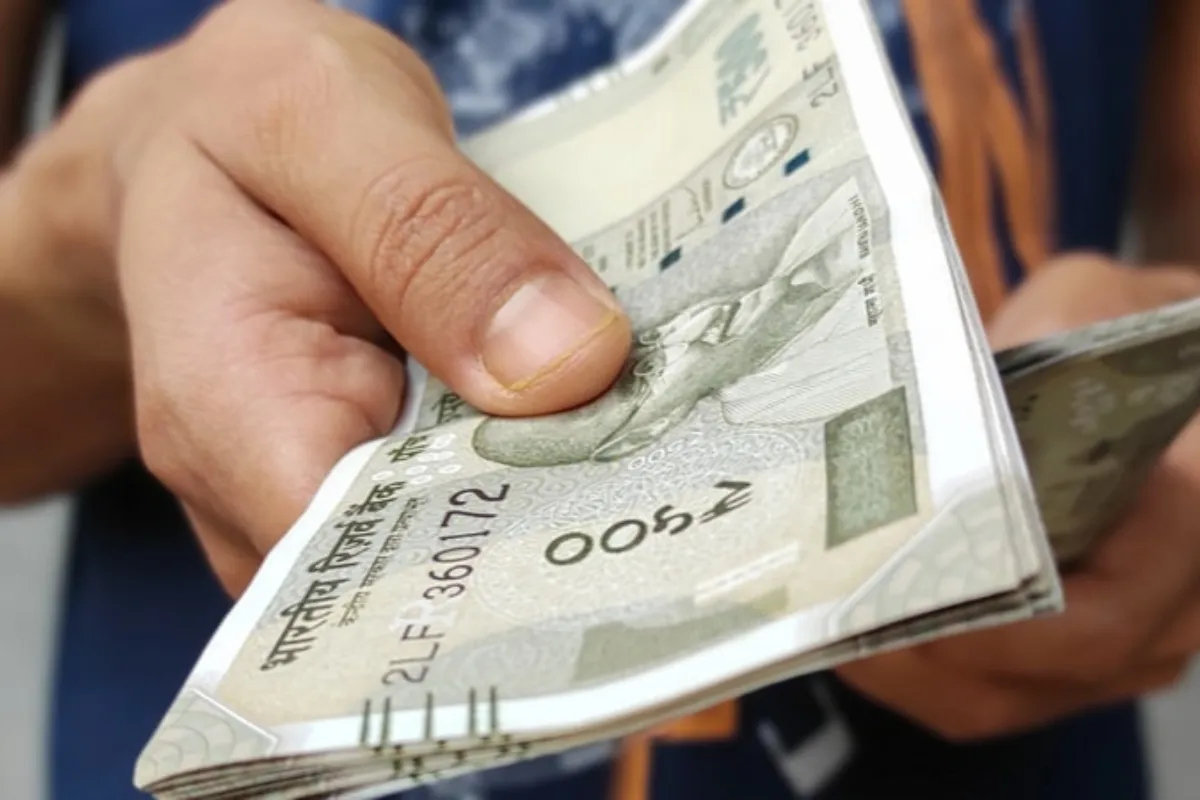Income Tax News: Filing your income tax return is an important responsibility, but certain everyday transactions can raise a red flag with the Income Tax Department in India. This is because they use information from various sources, including banks, financial institutions, and property registrars, to ensure everyone pays their fair share of taxes.
Cash Transactions Under Scrutiny
The Income Tax Department keeps a close eye on high-value cash transactions, as large cash movements can be a red flag for hiding income or tax evasion. Here’s what to watch out for:
- Large Deposits or Withdrawals: Deposits exceeding Rs. 10 lakh in savings accounts and Rs. 50 lakh in current accounts, or significant cash withdrawals, can trigger inquiries about the source of the funds.
- Unexplained Cash Gifts: Receiving very large cash gifts, especially if the source is unclear, might be questioned by the IT department.
Property Deals and the Taxman
Transactions involving real estate can also attract scrutiny from the tax department.
- Buying or Selling Property:
Transactions exceeding Rs. 30 lakh for buying or selling property are reported to the tax authorities. They’ll be interested in understanding the nature of the deal and the parties involved.
Investments and Cash
Investing large sums of cash can raise eyebrows with the IT department, particularly if the source of the funds isn’t readily apparent.
- Investing Large Amounts in Cash:
Investing large sums of cash (over Rs. 10 lakh) in stocks, mutual funds, or bonds can be questioned if it clashes with your declared income.
Credit Card Transactions and Reporting Requirements
While the department doesn’t directly monitor everyday credit card transactions, unusually high cash payments for credit card dues or large debt repayments using cash might warrant investigation.
- High Cash Payments to Credit Cards: Unusually high cash payments to credit cards exceeding Rs. 1 lakh or large debt repayments over Rs. 10 lakh using cash might be flagged for further scrutiny.
Keeping Records is Key
It’s crucial to maintain clear and verifiable records to avoid any issues with the Income Tax Department.
- Clear Source of Funds: The legitimacy of your high-value transactions hinges on a clear and verifiable source of funds. Unexplained cash deposits can trigger inquiries.
- Matching Income with Reports: Any mismatch between the income you declare and the information reported by banks and financial institutions (about investments, transactions) can lead to a notice.
Mandatory Reporting by Financial Institutions
The Income Tax Department receives reports from various institutions about your financial activities. Here’s a breakdown of what gets reported:
- Cash Deposits: Banks are required to report cash deposits of Rs. 10 lakh or more in a year (except current accounts and time deposits).
- Credit Card Payments: Payments of Rs. 1 lakh or more in cash towards credit card dues and total credit card bill payments exceeding Rs. 10 lakh in a year need to be reported.
- Property Transactions: Property registrars must report property purchases or sales exceeding Rs. 30 lakh.
- Investments: Financial institutions report purchases of shares, mutual funds, bonds, and debentures exceeding Rs. 10 lakh in a year.










